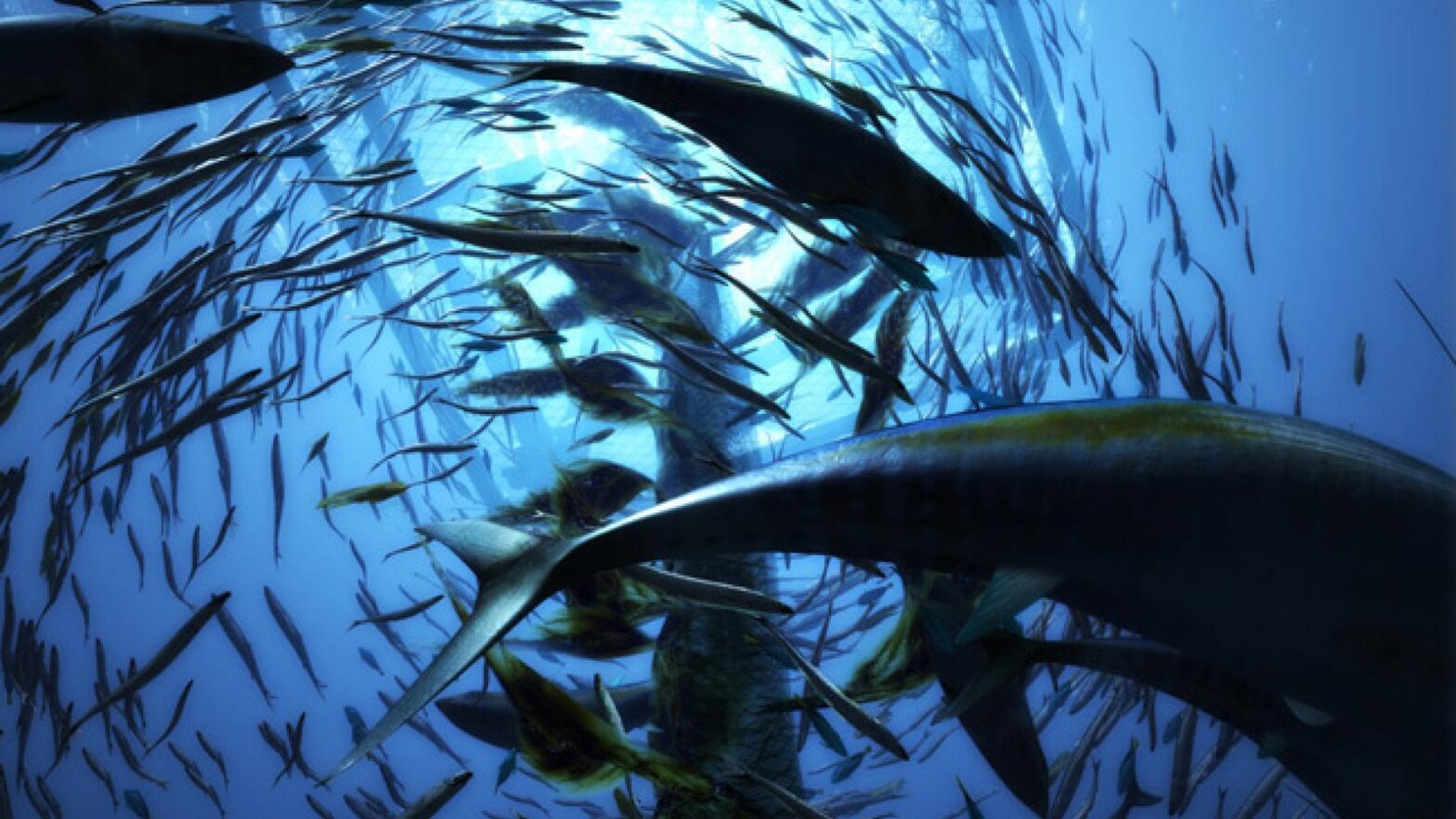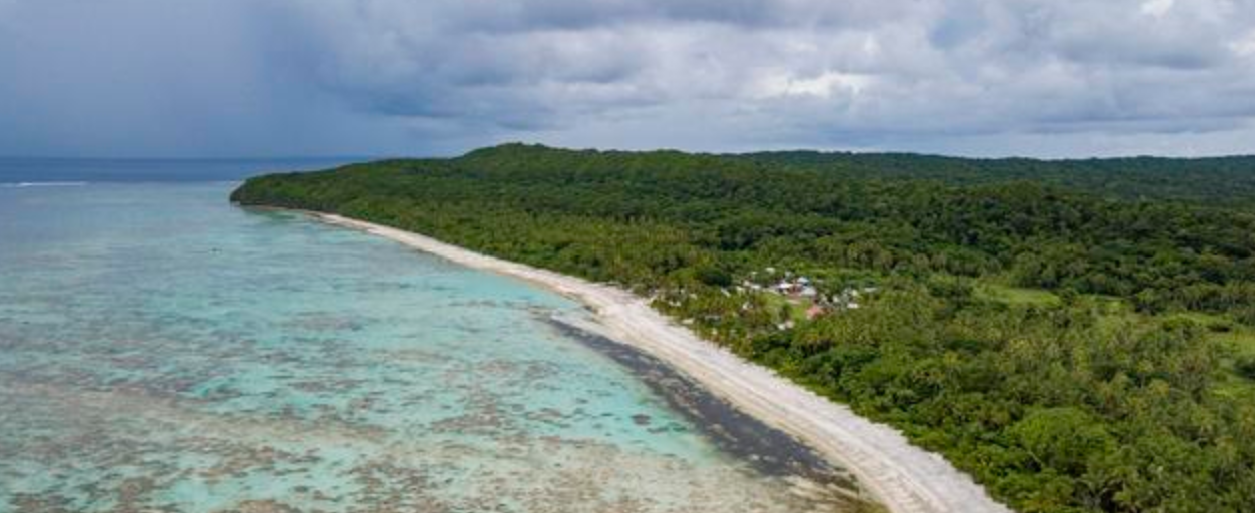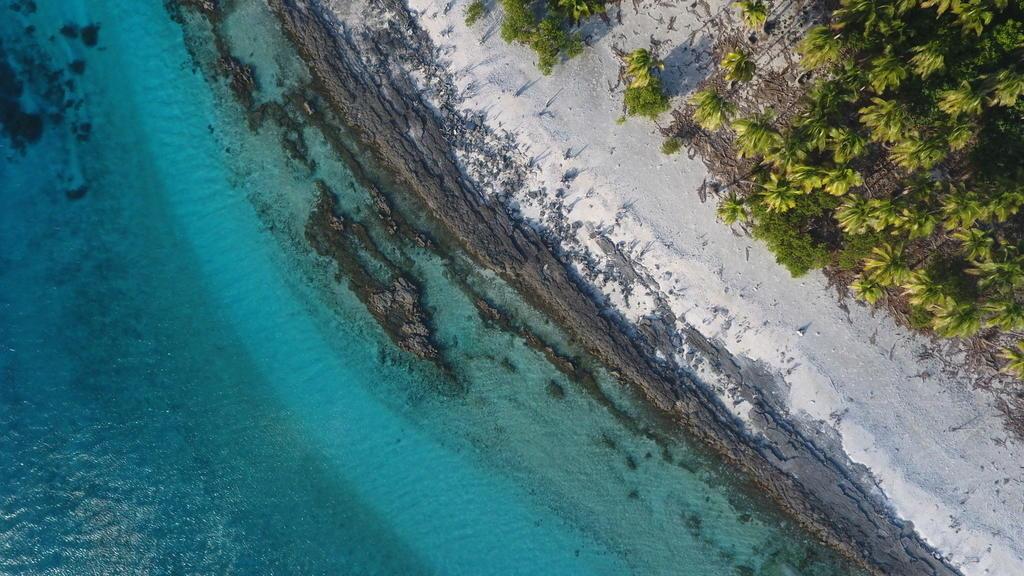Fiji has compound effects of climate change in the fisheries sector
There are not enough MSC (Marine Stewardship Council) certified fish in Fiji, according to Western and Central Pacific Tuna Program Manager for WWF’s Smart Fishing Initiative Alfred “Bubba” Cook.
He revealed this during a virtual program on illegal, unreported and unregulated (IUU) fishing impacts organised by the United States Embassy Suva on Wednesday 21 April
“I don’t think you will find much MSC certified fish in Fiji. There might be some that comes in from the fishing industry that you find in Walu Bay,” he said.
MSC certification provides additional assurance to buyers, markets and stakeholders that seafood from Fiji is responsibly managed and sustainable.
“I don’t think Fiji is that far ahead of the curb with respect to labelling and traceability.” Mr Cook said there was a business called TraSeable which was engaged in a number of agriculture projects in Fiji as well as fisheries work to help support developing infrastructure for the country.
Mr Cook said this was still a challenge in terms of getting fish from remote areas, such as Qamea to Suva.
“Not only do you not have the ice infrastructure and that kind of things, it’s just there’s not a lot of transport there at least not a lot of regular transport and it’s challenging to get products just to the market much less track those products along the way,” said.
Mr. Cook added, “So Fiji is making gains, they do have the strong interest in supporting greater traceability and we do see that. We certainly hear the rhetoric from the Bainimarama administration to support greater traceability.”
We are hearing from a lot of the western markets where Fiji sends its products to saying we want to know if this coconut oil is organic and we want to know if this product is produced with fair trade, he said. “And so the markets are driving those conversations.”
Mr Cook added climate change had a compounding effect in the fisheries sector and there was already some dangers in the distribution in the fisheries in the region.
The original story was produced by Abishek Chand, published in The Fiji Times, reposted via PACNEWS.



